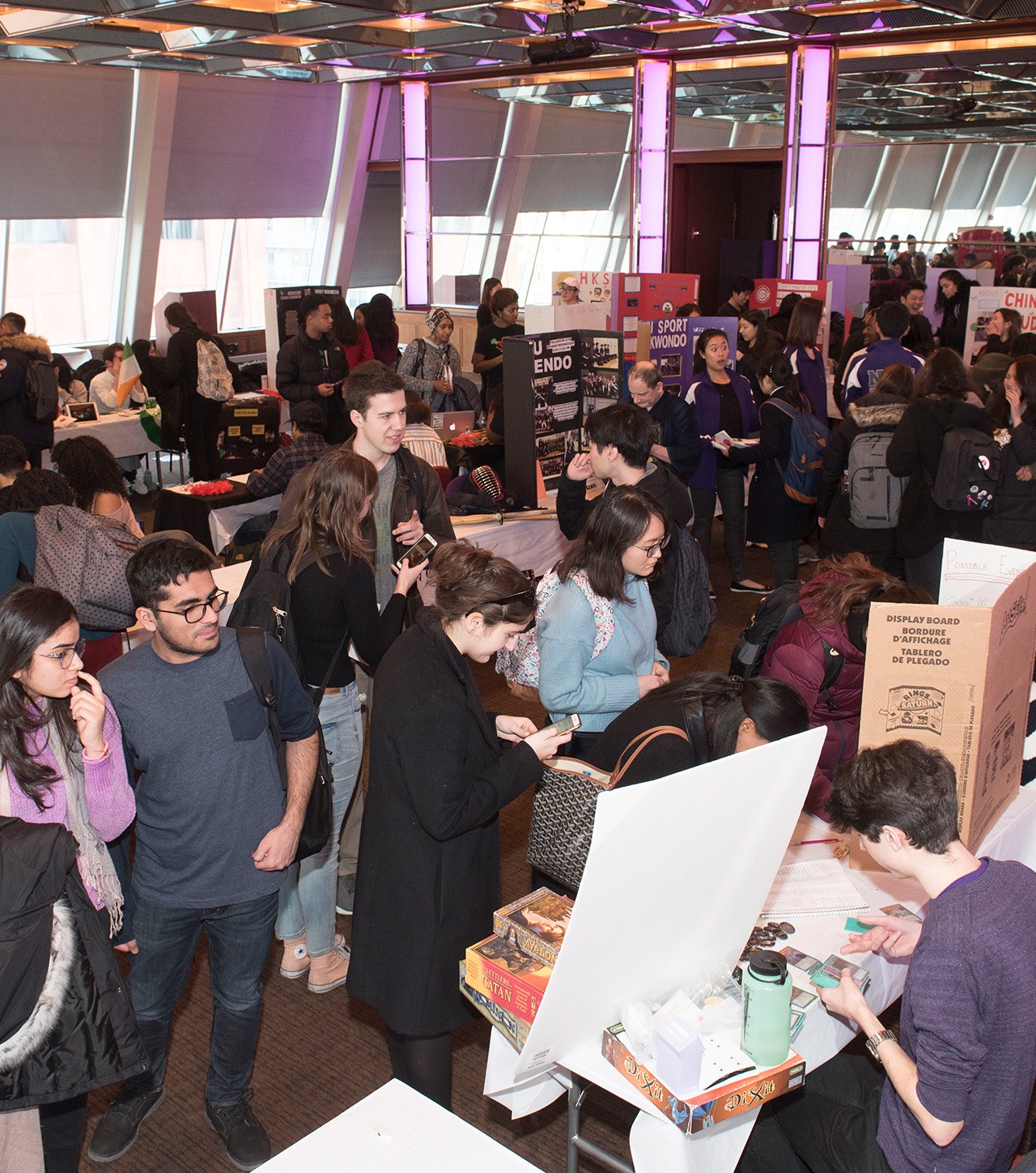Published October 23, 2020
Club Spotlight: NYU BUGS Open Source Club

You’re eager to meet new people and find your “tribe” at NYU, but where do you start? With more than 300 student-run clubs here, you have numerous opportunities to find your home away from home. Interested in computer programming? Want to learn more about software development? Then the University’s open source club, NYU BUGS, might be the group for you.
What is open source software?
According to BUGS president Albert Liu, open source software is software with code that anyone can view or modify. Since the public can access this code, it promotes equality, transparency, consumer privacy, and even business development within the community.
“The whole business development thing is really interesting because most tech companies today wouldn’t exist without open source software,” says Albert, a Mathematics and Computer Science double major. “Things like Git for version control, Linux for running servers, and basically every programming language are all open source. Every tech business relies on open source software so they can build their products quickly and effectively.”
What opportunities does NYU BUGS offer?
During a typical semester, BUGS hosts a range of in-person events. In addition to helping students strengthen their software engineering knowledge, many BUGS events provide the chance for hands-on practice with open source programs like Git and FreeCAD. BUGS also hosts Hacker Nights where students can share a meal, talk about programming, and study together. However, in the wake of COVID-19, Albert and his fellow officers shifted gears and are working to adapt the clubʼs activities.
“All e-board meetings and events will now be online, and Hacker Nights will go through a bit of a rebranding to stay relevant during the pandemic,” says Albert. “Our new virtual strategy will work perfectly for an upcoming talk we’re hosting by an Open Library product manager. Since they’re based in California, we’ve had to promote it as an online event anyway, so there’s a silver lining.” Albert shares that, overall, BUGS events during the fall 2020 semester will focus on open source in industry. “We plan to host a number of virtual events with professionals working in open source at larger tech companies like Bloomberg and Google,” he says.

What types of projects does BUGS work on?
Despite some necessary changes in response to the novel coronavirus, NYU BUGS will continue its work with the Open Source Student Network (OSSN). Powered by Mozilla, OSSN is a collection of students and university clubs that believe open source software fuels creativity, collaboration, and innovation. OSSN members can participate in open source projects that positively impact the global community or set up their own projects to solve local problems.
“We’ve contributed to OSSN projects in the past,” says Albert, “specifically one called Yet Another Course Scheduler (YACS) to replace typical student management systems that are often complicated and clunky to use. We’re currently working with another student club at NYU to mentor students in computer science. From that collaboration, we’ve created a schedule generator for first-year students in the College of Arts and Science called Alberta.”
So why does open source matter?
Open source software might not sound that important, especially to people unfamiliar with coding. But to Albert, protecting open source is necessary for a number of reasons.
“Some people like knowing their programs aren’t spying on them, and some people like to tinker with the programs they use every day,” he says. “Personally, I think itʼs important to protect open source software because it levels the playing field in terms of getting into software development. There are so many barriers that prevent people from pursuing a career in the field—like buying a computer and the internship feedback loop. Because of that I think the availability of free software that anyone can use to begin programming is worth protecting.”



